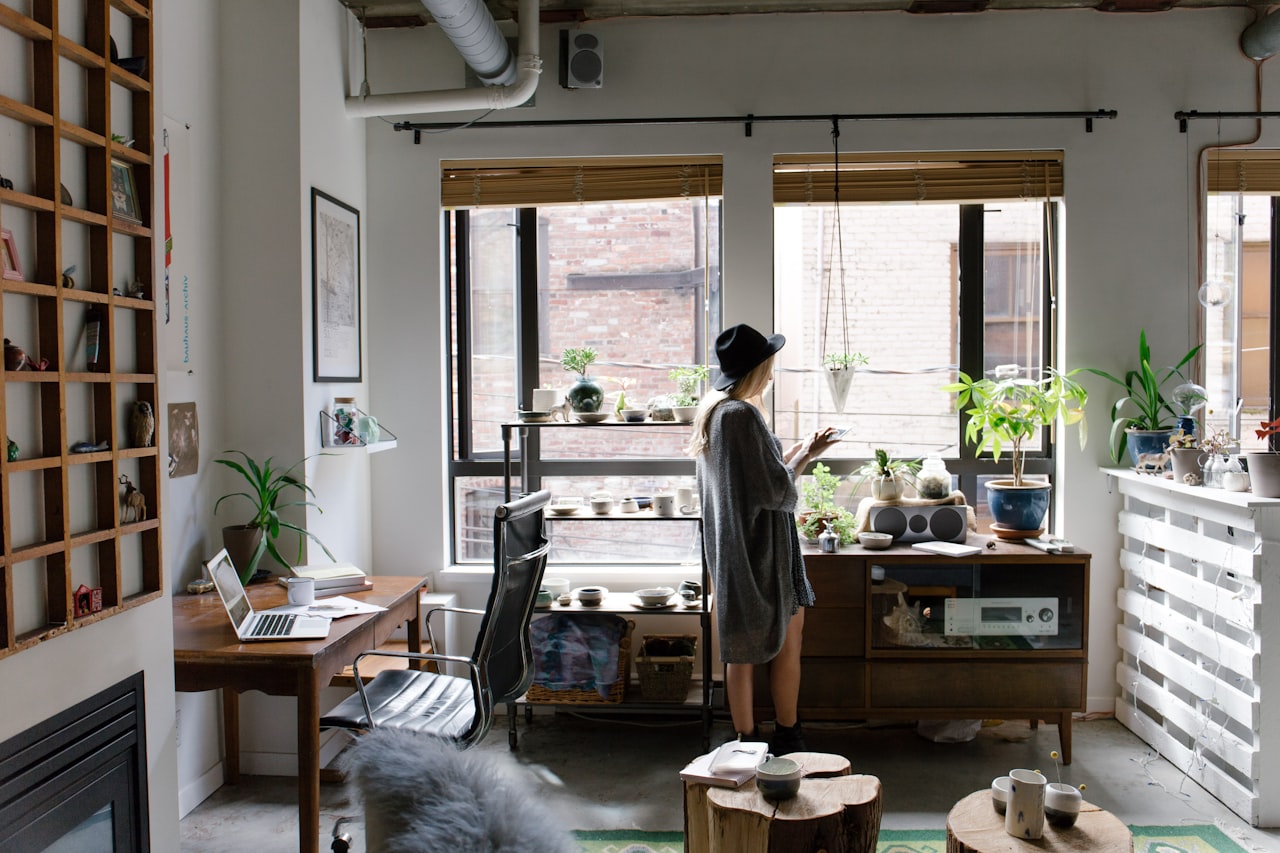Here are the most important ones to ask before you buy in a condo or co-op. ready? Here we go!
- What’s the board like? Are they traditional or open to new ideas? Take a look at the house rules and proprietary lease to see where they stand on certain issues.
- What is the sublet policy? Most co-ops have restrictive policies regarding subleasing units, and some don’t allow it at all, so if you’re buying as an investment, you should find out the board’s policy, as well as the fees associated with renting, for you.
- Are pets allowed? Whether you have pets, are planning to get them, or prefer not to see them in the common areas, it’s important to know what the building allows and the pet limitations.
- Are there restrictions on the amenities? Maybe the opening hours of certain building facilities don’t work with your schedule, or maybe there are amenities that are restricted from children using them.
- Is there a tax break and when does it expire? An abatement that lowers your monthly payments is great, but it’s important to calculate what your actual payment will be once the benefit expires. You may not be able to afford it, or it may affect the unit's resale value.
- In Condos, always ask if the STAR abatement is reflected in the listed tax amount. If the seller doesn't live in the apartment full-time, or if they're renting it out, the taxes they're paying does not include the STAR abatement. That means that if you're planning to live in the unit full-time, your taxes should be about 17% lower!
- Are there enough elevators? If you live in a high-floor building with many units but there are few elevators or there are no “express” elevators, it may not be right for you. The same goes for service elevators if you are planning extensive renovations.
- Where is the unit located in the building? Maybe it’s next to the elevators or a common room – exposing you to added noise.
- Are washer-dryers allowed? If the building’s plumbing is not compatible with this addition and you want an in-unit washer and dryer, you should find out ahead of time.
- Who manages the building? Larger management companies are more likely to have streamlined operations. An independent firm may have more nuance. Smaller buildings are more likely to be self-managed.
- Are there bad odors? If the windows are wide open every time you view the unit, ask why. Maybe there’s a bad smell from smoking or strong cooking smells. Visit at different times of the day to find out more.
- Garbage and recycling: do you leave it outside your door? Throw it down the hall? Go all the way to the basement or an outside bin? Find out and decide what you prefer.
- Strollers and storage: are you allowed to take a stroller up the passenger elevator or only in the service elevator? Where are you allowed to store a stroller? How will this affect you?
- Is there bile storage? Very important if there’s not enough room in your apartment and you own a bike! Find out if there’s storage and if it costs you extra.
- What are the delivery policies? Do you need to come downstairs to get your food delivery? How are package deliveries monitored and where are packages stored? Decide if the policy suits you.
- What’s nearby? Are there loud bars or clubs next door? Is there a school? The noise may bother you if you’re an early riser or if you work from home.
- Is there construction nearby? Either currently, or upcoming, construction noise can be really difficult to live with, especially on the weekend. Check if your windows are soundproofed too.
- What’s the local public school? Even if you’re kid-free, your next buyer may have children. You can check this online to get more info.
- Who lives in the building? Your agent won’t be able to give you insight due to fair housing laws, but if you care about who lives in the building, you can ask the doorman or sit outside for a while.
- Last one! Has the building ever had a bedbug problem? If so, you should ask how the issue was handled and what the current status is.
That’s it! I hope you’re feeling more prepared now












































































